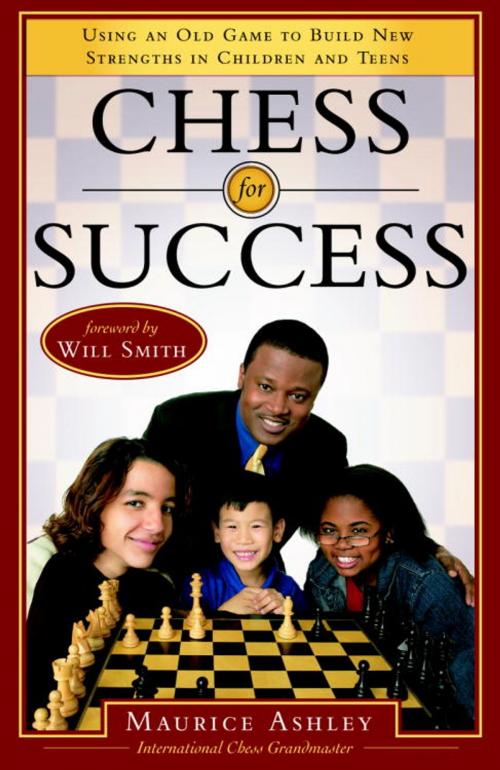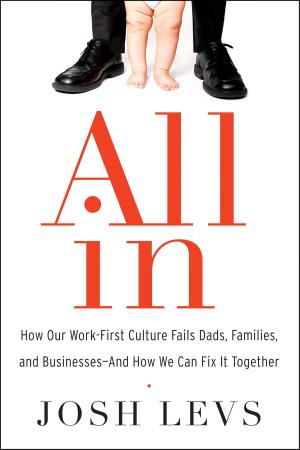Chess for Success
Using an Old Game to Build New Strengths in Children and Teens
Nonfiction, Entertainment, Games, Chess, Board games, Family & Relationships, Parenting| Author: | Maurice Ashley | ISBN: | 9780307418883 |
| Publisher: | Potter/Ten Speed/Harmony/Rodale | Publication: | December 18, 2007 |
| Imprint: | Harmony | Language: | English |
| Author: | Maurice Ashley |
| ISBN: | 9780307418883 |
| Publisher: | Potter/Ten Speed/Harmony/Rodale |
| Publication: | December 18, 2007 |
| Imprint: | Harmony |
| Language: | English |
Maurice Ashley immigrated to New York from Jamaica at the age of twelve, only to be confronted with the harsh realities of urban life. But he found his inspiration for a better life after stumbling upon a chess book and becoming hypnotized by the game’s philosophies; his dedication would eventually lead him to break the chess world’s color lines by becoming an International Grandmaster in 1999.
During his ascent to chess’s pinnacle, Ashley realized that chess strategies could be used as an educational tool to help children avoid the pitfalls often associated with growing up. In this book, he serves up compelling anecdotes about how chess has positively affected young players. He also offers tips on technique, how to make the game fun for children of all ages and levels, and how to overcome the myth that chess isn’t cool. Through his guidance and references to various developmental theories, readers will understand how chess strategies can improve a child’s mental agility, creativity, and problem-solving skills.
Chess for Success is a much-anticipated resource for parents, teachers, counselors, youth workers, and chess lovers.
Maurice Ashley immigrated to New York from Jamaica at the age of twelve, only to be confronted with the harsh realities of urban life. But he found his inspiration for a better life after stumbling upon a chess book and becoming hypnotized by the game’s philosophies; his dedication would eventually lead him to break the chess world’s color lines by becoming an International Grandmaster in 1999.
During his ascent to chess’s pinnacle, Ashley realized that chess strategies could be used as an educational tool to help children avoid the pitfalls often associated with growing up. In this book, he serves up compelling anecdotes about how chess has positively affected young players. He also offers tips on technique, how to make the game fun for children of all ages and levels, and how to overcome the myth that chess isn’t cool. Through his guidance and references to various developmental theories, readers will understand how chess strategies can improve a child’s mental agility, creativity, and problem-solving skills.
Chess for Success is a much-anticipated resource for parents, teachers, counselors, youth workers, and chess lovers.















